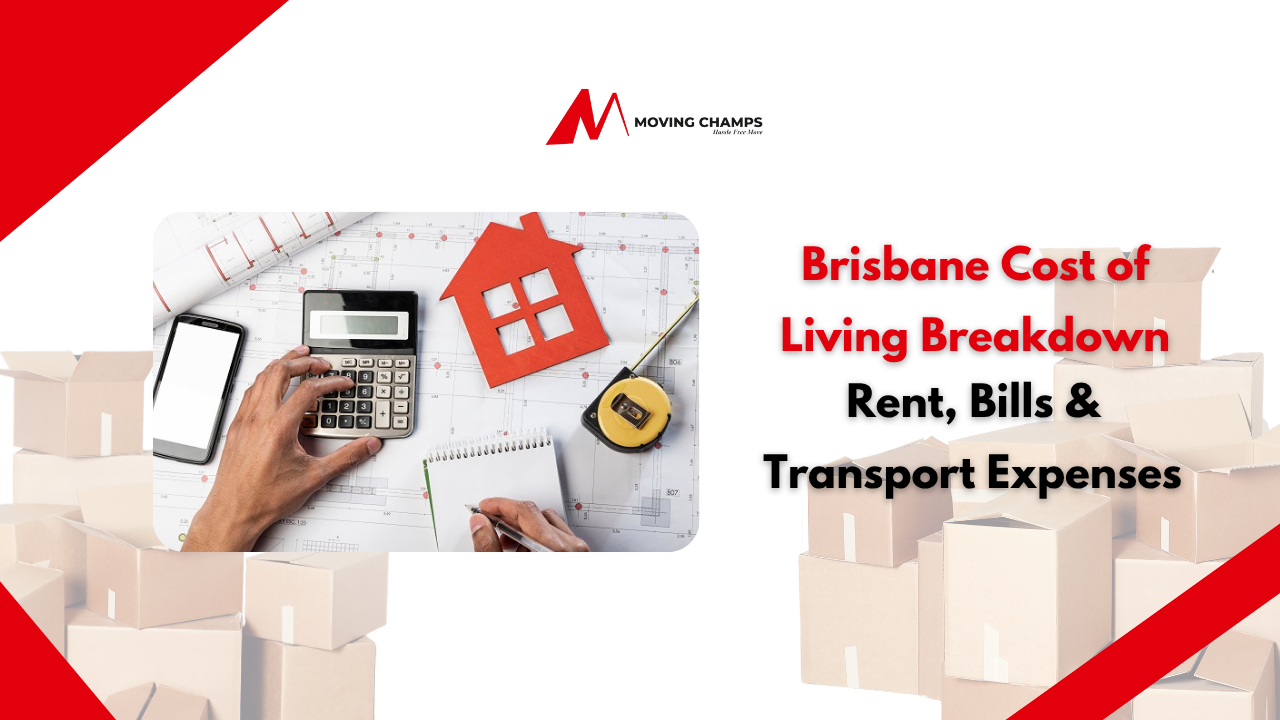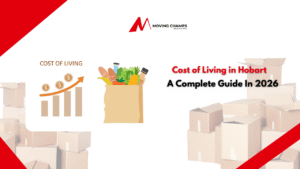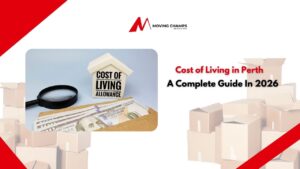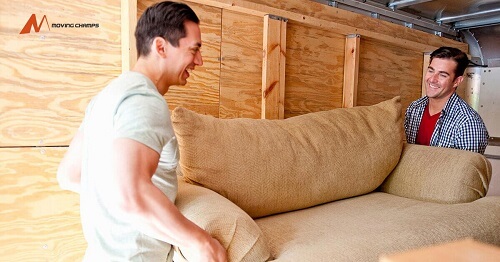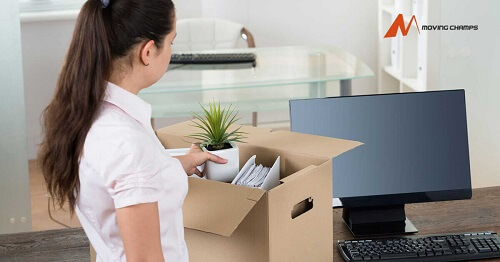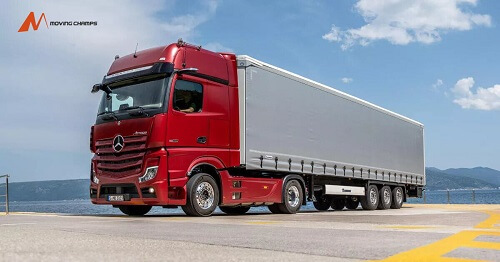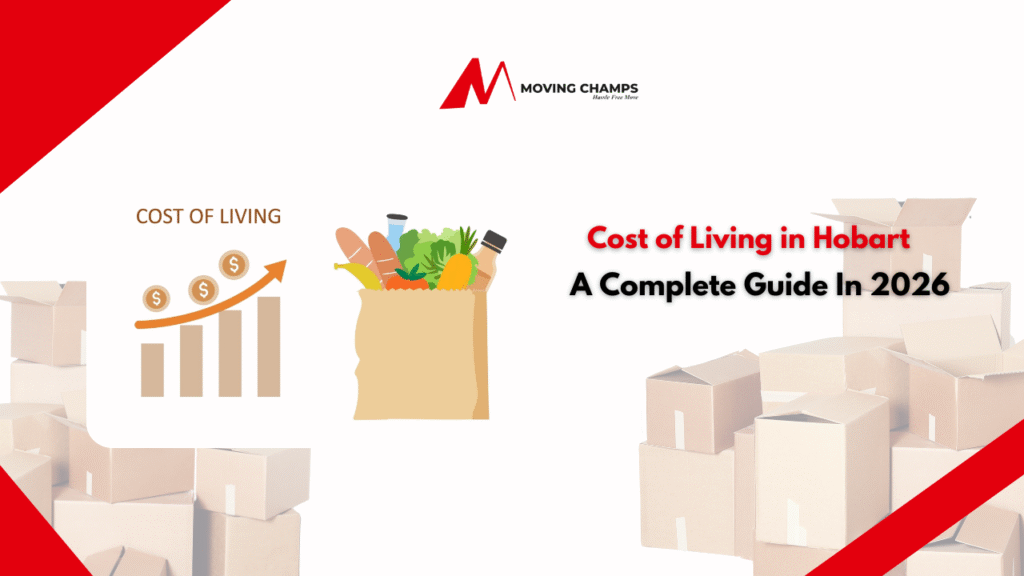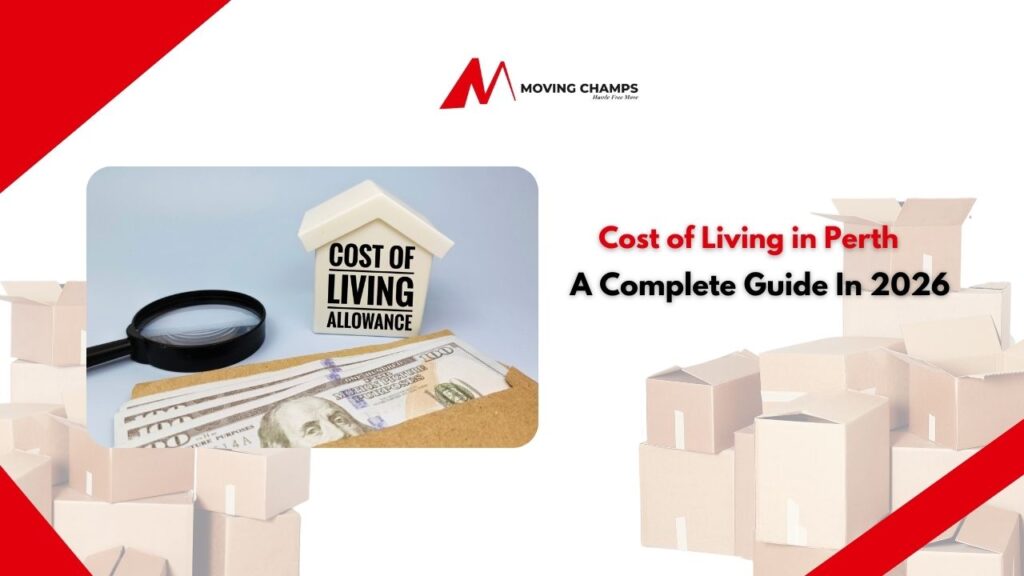Brisbane Cost of Living Breakdown: Rent, Bills & Transport Expenses
Brisbane, the lively and personable capital of Queensland, is attracting more and more students, professionals, and families with its cheerful climate and rapidly developing career prospects. In a city which is famous for year-round subtropical weather, Entertainment by the river, and easy access to beaches and National Parks, Life in Brisbane combines Nature with Urban Living.
Therefore, before moving, it is advisable to understand how much it costs to live in Brisbane so that one can budget effectively. Living expenses can vary a great deal depending on your lifestyle, suburb, and family size. We break down these key components of living in Brisbane in this guide, including housing, utilities, food, transportation, healthcare, education, and leisure pursuits, which brings us back to the original question originally raised: if it costs so much to live here, then why isn’t anyone investing more?
Housing and Rent in Brisbane
For many people, housing is the largest monthly expense. Rent depends largely on whether you live in the city, the suburbs or the outskirts.
Inner City Apartments
- 1-bedroom apartment: AUD 600 – 1,000 per week
- 2-bedroom apartment: AUD 750 – 1,500 per week
Outer Suburbs and Moderate Areas
- 1-bedroom apartment: AUD 400 – 700 per week
- 2-bedroom apartment: AUD 550 – 1,200 per week
- Standalone houses are generally more expensive, especially in popular family suburbs.
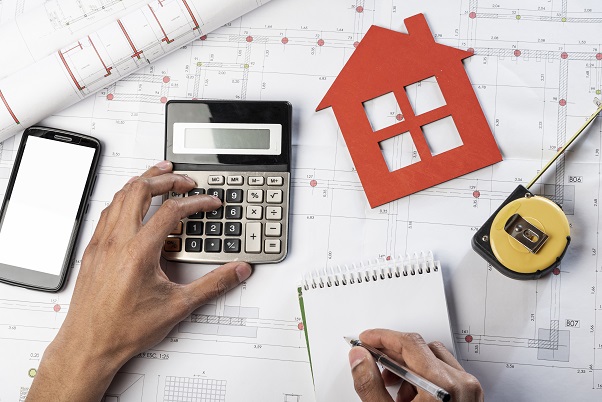
Tips to Save on Housing:
- Consider living slightly outside the city center to reduce rent costs.
- Shared housing is a common choice for students and young professionals.
- Always factor in bond deposits and utility inclusions, which can add significantly to your initial costs.
All in all, whether you opt for the city or a suburb, housing is generally more affordable in Brisbane compared with Sydney and Melbourne; however, prime locations in the city can be expensive.
Utilities and Monthly Bills
Utilities are electricity, gas, water, internet, and mobile services. These costs vary by home size and your usage.
- Electricity and Gas: ~ AUD 200–250 per month
- Water: ~ AUD 50–100 per month
- Internet (broadband): ~ AUD 50–80 per month
- Mobile phone plans: AUD 25–45 per month
Money-Saving Tips:
- Utilise energy-efficient appliances and reduce electric bills, particularly during the hot summer months when air conditioning use is at its peak.
- Compare broadband and mobile plans to find the best deal.

Some rental units come with water and internet included in the rent, which may lower monthly costs.
Groceries and Food Costs
Food is another big monthly expense. Although generally, you can save more money cooking at home rather than eating out day in and day out, there are still ways to be a foodie without breaking the bank.
Estimated Monthly Grocery Costs (Single Person): AUD 400–450
Dining Out:
- Meal at a budget restaurant: AUD 15–20
- Mid-range 3-course meal for two: AUD 80 – 120
- Coffee at a café: AUD 4–6
Typical Grocery Prices:
- 1 litre of milk: AUD 2.20
- 1 kg rice: AUD 2.00
- Bread (loaf): AUD 3.00
- Chicken breast (500g): AUD 7.00
- Tomatoes (1 kg): AUD 5.40
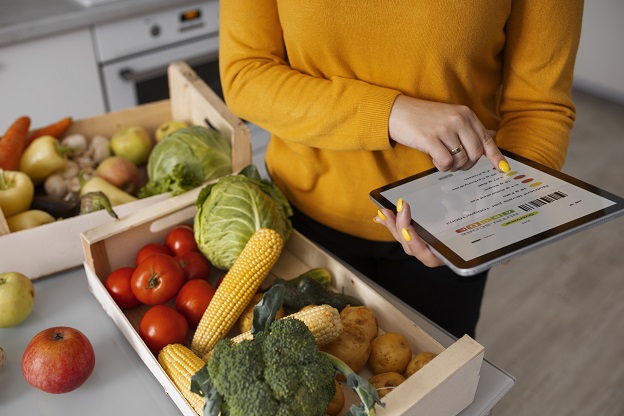
Local markets are an alternative where you will likely find fresher produce at lower prices. Planning your meals and cutting back on takeout can help lower costs each month.
Transportation and Commuting
Brisbane has many transport alternatives – buses, trains, ferries, and bike paths. Costs differ based on whether you take public transport, drive, or cycle.
- One-way public transport ticket: AUD 4.20 – 4.50
- Monthly public transport pass: AUD 80 – 120 (depending on zones)
- Taxi (8 km ride): AUD 18–20
- Fuel (petrol): ~ AUD 1.65–1.70 per litre
Driving Costs:
- Consider toll roads, parking fees, insurance, and maintenance costs.
- Owning a car can be convenient, but it adds significant monthly expenses.
Tips to Save:
- Use a Go Card for discounted fares on public transport.
- Cycling is a popular and economical alternative in many suburbs.
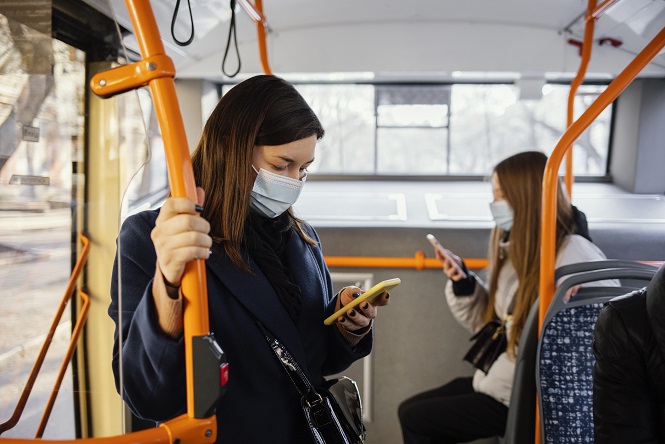
For occasional trips, ridesharing apps can sometimes be cheaper than taxis.
Healthcare and Insurance
The healthcare system of Australia is pretty good, with public as well as private health services available for residents of Brisbane.
- GP consultation: AUD 80 – 120
- Specialist visit: AUD 150 – 300
- Private health insurance: starting from AUD 120 per month
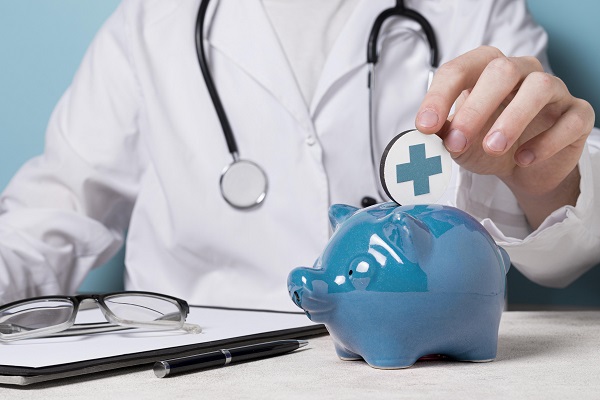
Public healthcare is available for citizens and permanent residents, while international students and temporary residents must typically obtain private health cover. Prescription costs vary, and many over-the-counter medicines are affordable.
Tips:
- Look for bulk-billing clinics for cost-effective GP visits.
- Compare private health insurance plans to choose coverage that suits your needs.
Education and Childcare
For families moving to Brisbane, education and childcare costs are important considerations.
- Public schools: Mostly funded by the government; families may pay small voluntary fees for materials and activities.
- Private schools: AUD 5,000 – 20,000+ per year, depending on the school.
- Childcare / Early Learning Centers: AUD 70 – 200 per day
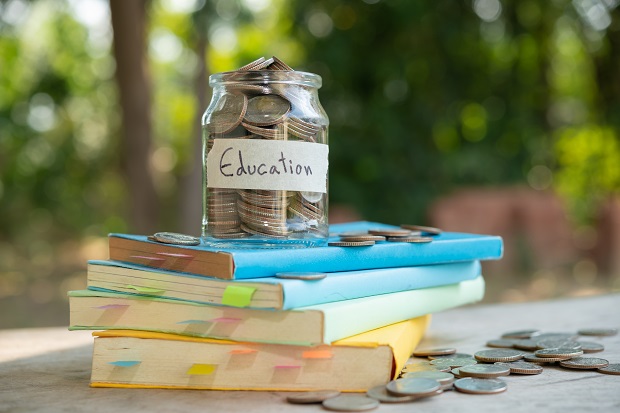
Selecting a suburb with decent schools and low home prices can keep overall costs in check. Childcare costs might also be lowered via government subsidies to qualifying households.
Lifestyle, Entertainment, and Leisure
There are many things to do in Brisbane, from outdoor adventure activities and tours to indoor amusements. These expenses can be quite variable, depending on how often you go out and what sort of lifestyle you prefer.
- Gym membership: AUD 40 – 120 per month
- Cinema ticket: AUD 20 – 22
- Streaming services: AUD 10 – 25 per month
- Weekend outing for two (dinner + drinks): AUD 120 – 150
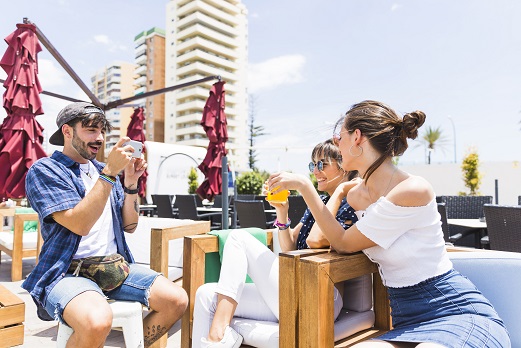
There is plenty to keep you occupied in the city, all for free or minimal cost – from parks and river walks to galleries and festivals. It’s still worth leveraging all of these things to make sure your monthly “entertainment” budget stays reasonable.
Also Read – Melbourne Cost of Living Breakdown: Rent, Bills, Transport & More
Overall Monthly Cost of Living in Brisbane
Here’s an example of average monthly budgets in Brisbane:
| Type | Estimated Cost (AUD / month) |
| Single person (comfortable lifestyle) | 3,000 – 4,000 |
| Student (shared housing, frugal lifestyle) | 2,000 – 2,500 |
| Family of four | 5,500 – 7,000+ |
Housing, childcare, and transport are the main expenses, while food, utilities, and entertainment are more controllable depending on lifestyle choices.
Single Person (Comfortable Lifestyle)
| Category | Estimated Monthly Cost (AUD) | Notes |
|---|---|---|
| Rent (1-bed apartment) | $1,800 – $2,200 | The biggest expense. Based on $450-$550/week. |
| Utilities (Elec/Gas/Water) | $200 – $300 | For an apartment. Higher in summer with A/C use. |
| Internet & Mobile Phone | $100 – $150 | NBN internet + a mobile plan. |
| Groceries | $400 – $500 | Cooking at home mostly, with quality ingredients. |
| Public Transport | $150 – $200 | Based on a GoCard with regular use. |
| Health Insurance (Private) | $120 – $200 | For basic Extras & Hospital cover. |
| Entertainment & Dining | $400 – $600 | Meals out, coffees, movies, hobbies. |
| Personal & Miscellaneous | $200 – $300 | Clothing, haircuts, gifts, etc. |
2. Student (Shared Housing, Frugal Lifestyle)
| Category | Estimated Monthly Cost (AUD) | Notes |
|---|---|---|
| Rent (Room in Share House) | $800 – $1,200 | Based on $200-$300/week. The most variable cost. |
| Utilities (Share of bills) | $80 – $150 | Split between housemates. |
| Internet & Mobile Phone | $70 – $100 | Share of home internet + cheap mobile plan. |
| Groceries | $250 – $350 | Budget-conscious shopping, home cooking. |
| Public Transport | $50 – $100 | Concession fares (if eligible). May cycle/walk more. |
| Entertainment | $100 – $200 | Cheap eats, student events, minimal spending. |
| Textbooks & Supplies | $100 (averaged) | Can be a major lump-sum cost per semester. |
3. Family of Four
| Category | Estimated Monthly Cost (AUD) | Notes |
|---|---|---|
| Rent (3-4 Bedroom House) | $2,400 – $3,200 | Based on $600-$800/week. A major cost. |
| Utilities (Elec/Gas/Water) | $500 – $700 | Higher for a house, especially with A/C. |
| Internet & Phones (Family Plan) | $150 – $250 | Home internet + 2 mobile plans. |
| Groceries | $1,200 – $1,600 | Feeding a family of four adds up quickly. |
| Transport (1-2 Cars) | $600 – $1,000 | Fuel, rego, insurance, maintenance. May have car loans. |
| School & Child Costs | $400 – $800 | Public school “voluntary” fees, uniforms, excursions, sports, and activities. |
| Healthcare (Private Family Cover) | $400 – $600 | For a family hospital + extras policy. |
| Entertainment & Dining | $400 – $600 | Family outings, occasional meals. |
Conclusion
Could you expect more from living in Brisbane? Here is a vibrantly mixed lifestyle combining city living with its own natural beauty and elegant subtropical climate, where everyone is happy. It is irresistible to students, professionals, and families. But housing, childcare, and everyday services make up the bulk of your expenditure – and let’s face it – they cost money. With a little careful planning and smart decisions, such as living some distance out from the city centre, cooking dinner at home whenever you can manage it, and taking public transport for short journeys instead of driving all over hell’s half acre, costs will be better controlled.
If you’ve made up your mind that Brisbane is your destination, then Moving Champs Australia is here to help. They provide first-rate services in getting everything from your old home to your brand new one, and they can help you settle down comfortably in this lively and welcoming city.
Popular Posts
Popular Categories
Our Services
Request A Free Quote


